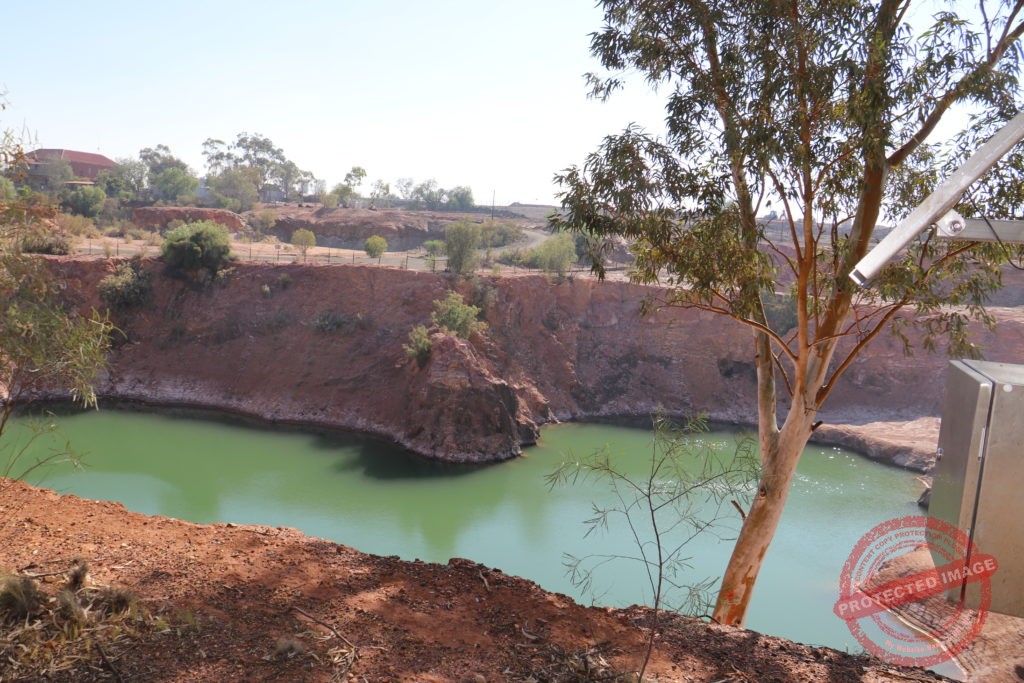
Aurelia Metals is one step closer to being able to pump ground water from the old Great Cobar Mine workings to the Peak mine to help them in their goal to be water self-sufficient.
The mine received conditional approval from Cobar Shire Council in October to construct and operate a water pipeline of approximately 10km that would source groundwater from the historic Great Cobar Copper Mine to supply to Peak’s existing operations.
Jonathon Thompson, Aurelia Metals’ environment group manager, said the approval from the NSW Natural Resources Access Regulator received last week is another step in the right direction, however there is still some way to go before the mine will be water self-sufficient.
“There are some more minor approvals (administrative steps with Land Registry Services) that need to be completed before pumping can commence.
“These are on-track to be issued before Christmas (fingers crossed),” Mr Thompson said.
It’s estimated the groundwater supply will support most of the mine’s current and future activities.
“Peak will still need some raw water from Council while it is available once pumping from Great Cobar commences.
“The underground chillers (that pump cold air into the mine) need access to good quality water to operate effectively.
“This will be at a much reduced rate from our current use but still required in the short term at least,” Mr Thompson said.
He said the infrastructure to pump the ground water at Great Cobar is mostly installed.
“There are some issues with access to the shaft due to old timbers (hence the drilling to try and access the shaft below the timbers).
“The pipeline has been installed and the generators and pumps are expected to be onsite late December.
Mr Thompson said the quality of water from Great Cobar is “still a very big unknown”.
“Peak have been sampling the water quality from the Great Cobar shaft but once pumping starts this will start pulling water out of the old workings and the quality is expected to change dramatically.
“It is unknown how this quality will change and once it does change how this will affect its application onsite.
“It is hoped that water quality issues can be overcome through treatment options,” Mr Thompson said.
He said in the medium term, Peak is looking to source water treatment plants and staff are currently exploring chemical treatment and Reverse Osmosis options capable of treating water to a suitable quality for use in all (or most) applications onsite.
“It is difficult to firm up these options without knowing what the feed water quality is with any certainty and how the water quality will change once pumping starts.
“This will be further defined once pumping starts,” Mr Thompson said.
“We have had some very big wins this year with a significant reduction in water use onsite and are trying to move as fast as we can to water self-sufficiency but we are still some way from achieving this.
“The approvals is one step with many steps remaining. We will continue to work with Council, the various government agencies and suppliers to reduce our water usage onsite wherever possible,” he said.
